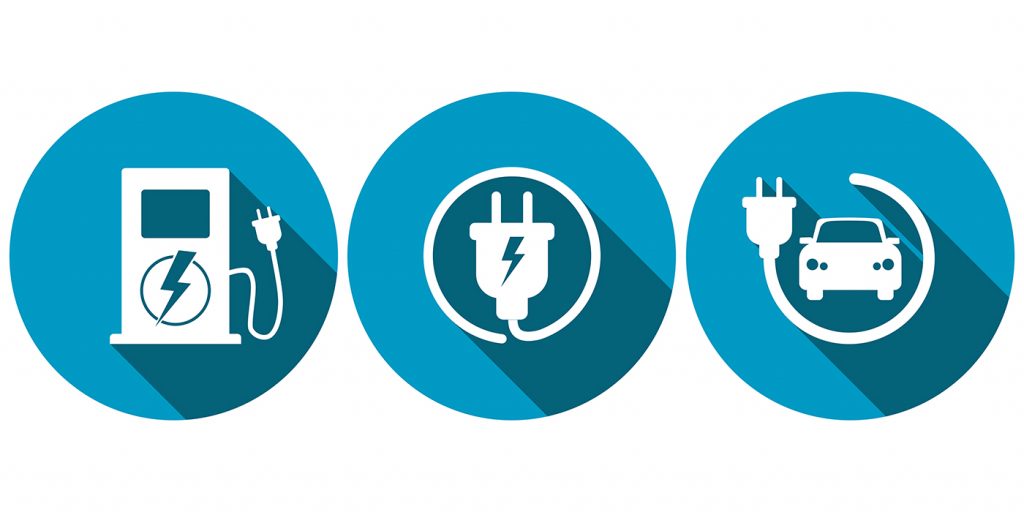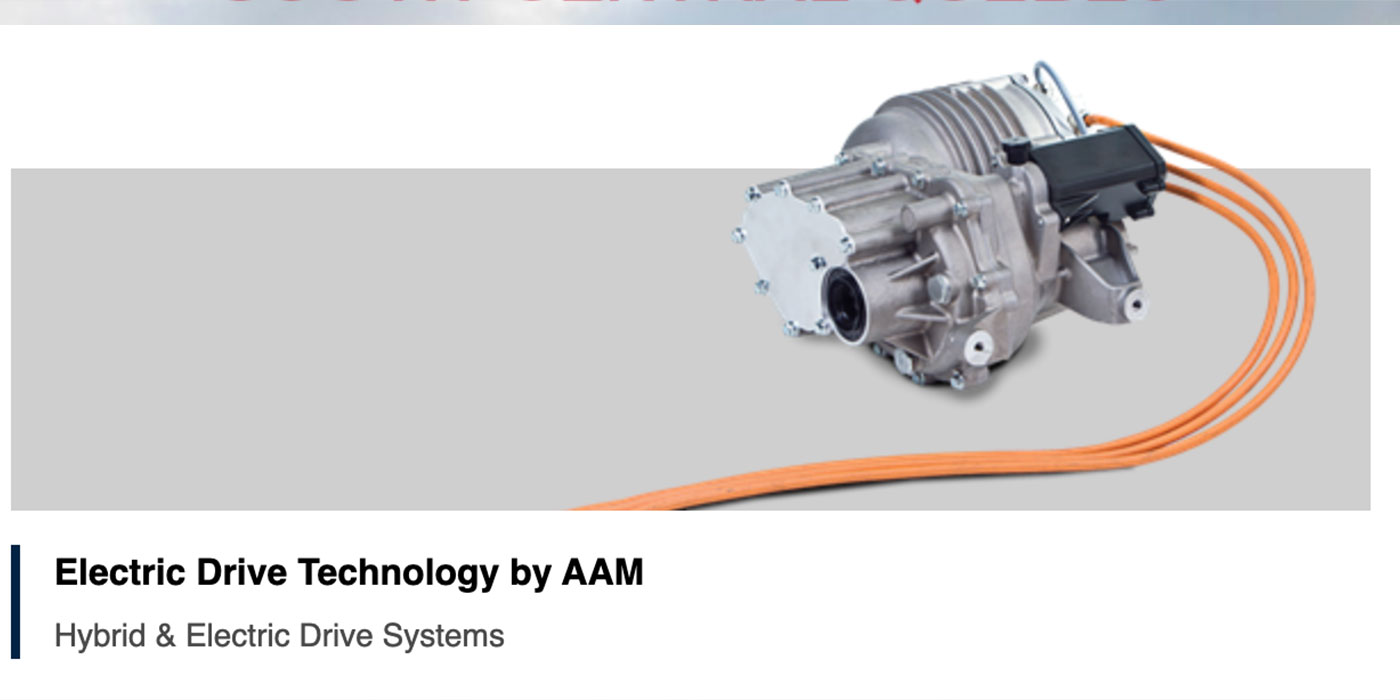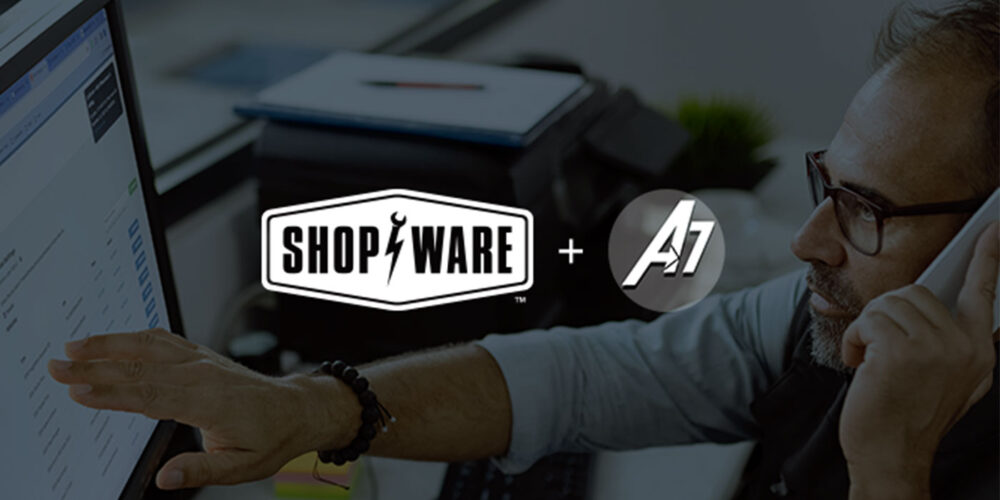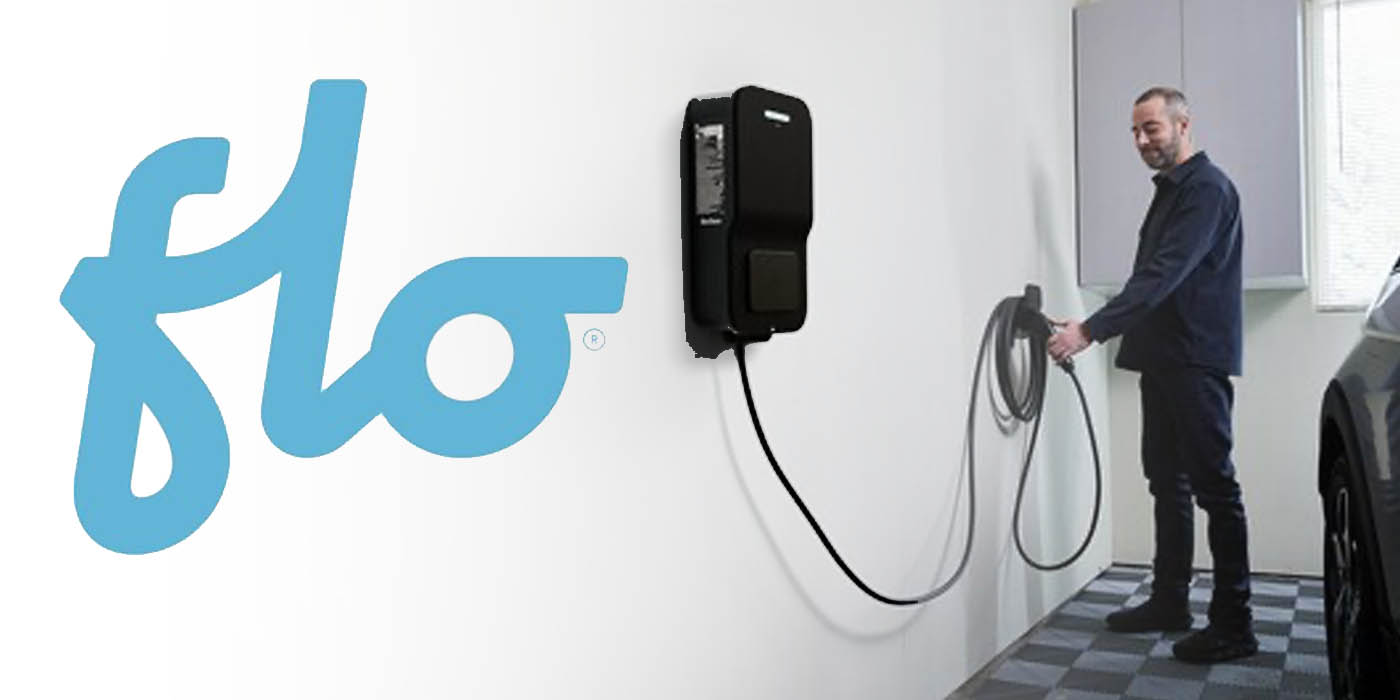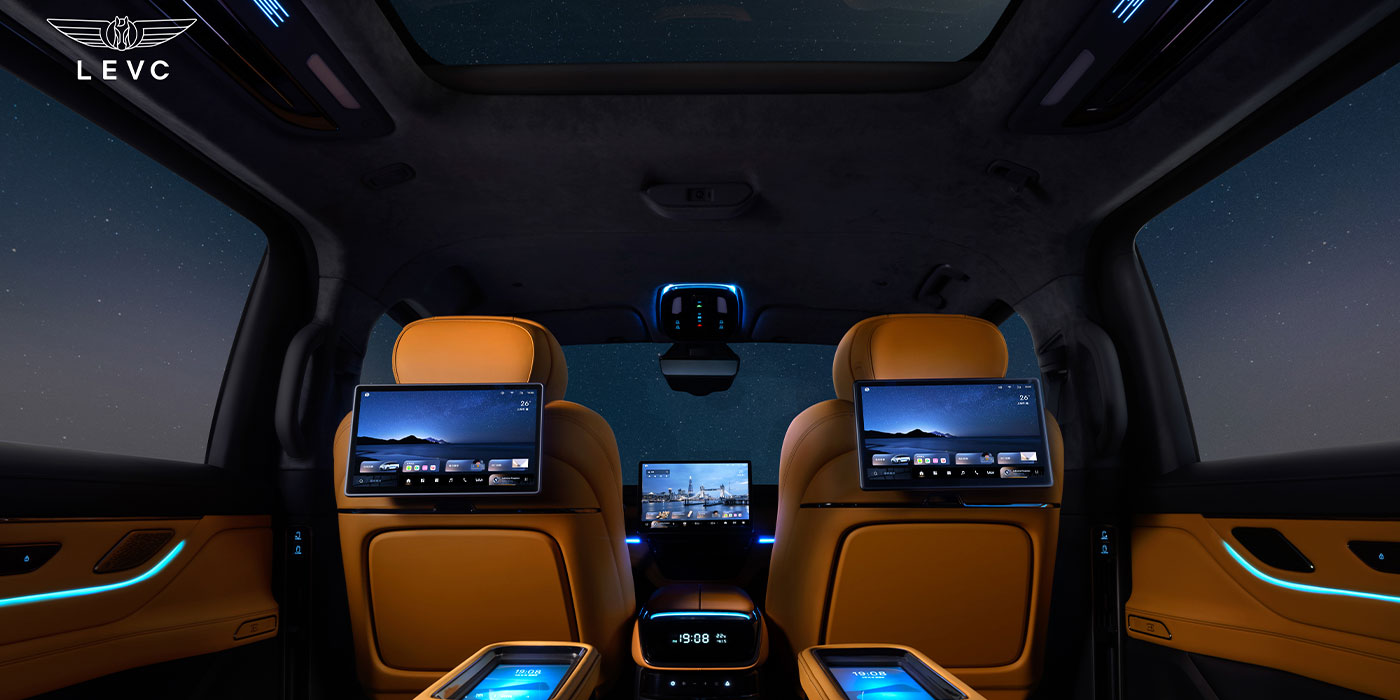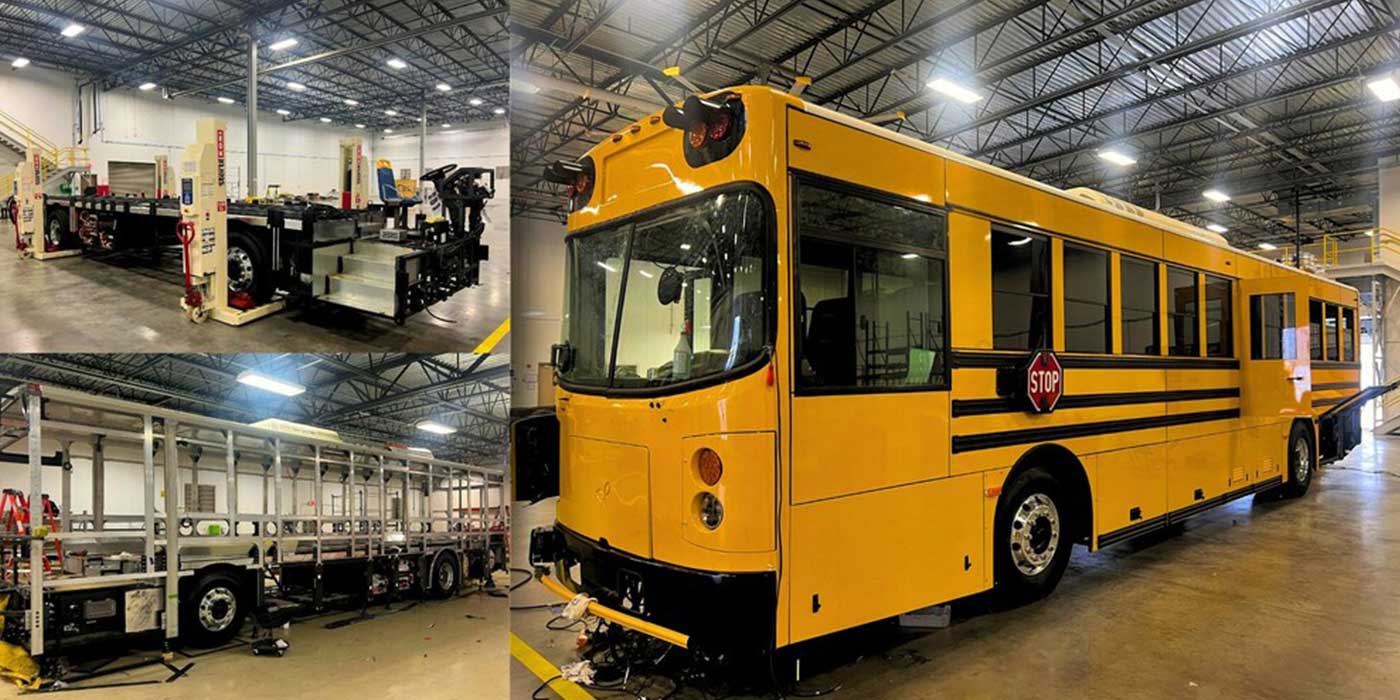With some encouragement, undecided battery electric vehicle (BEV) shoppers can become likely purchase considerers, which is good news for automakers expanding their EV product lineup, according to the inaugural J.D. Power U.S. Electric Vehicle Consideration (EVC) Study released this week. Currently, more than half (59%) of new-vehicle shoppers fall into the “somewhat likely” or “somewhat unlikely” categories when it comes to considering a BEV for their next purchase or lease—a significant window of opportunity for future EV sales.
“Right now, the projected BEV supply outweighs consumer interest. And for every new-vehicle shopper seriously considering BEVs, there’s another at the opposite end of the spectrum,” said Stewart Stropp, senior director, automotive retail at J.D. Power. “To avoid a potential ongoing inventory surplus, it behooves manufacturers and retailers to identify why shoppers in the middle ground aren’t completely sold on the technology, and how to get them over the hump into the ‘very likely’ consideration camp.”
The study finds that firsthand experience with BEVs plays an important role in purchase consideration. Among respondents who say they have owned or leased a BEV in the past, 46% are “very likely” to consider another, while only 6% say they are “very unlikely” to consider purchasing another BEV as their next vehicle. This is similar to findings in the J.D. Power 2021 U.S. Electric Vehicle Experience (EVX) Ownership StudySM in which, even among dissatisfied owners (overall satisfaction scores below 600 on a 1,000-point scale), 65% say they “definitely will” consider an EV for their next purchase.
The EVC Study also finds the “very likely” ratio among respondents who have simply ridden in a BEV is nearly three times that of those who have never been in one (20% vs. 7%, respectively). Half of respondents have never been in a BEV, highlighting a critical need for automakers and retailers to create opportunities for consumers to familiarize themselves with these vehicles. “Anything stakeholders can do to get more people into electric vehicles, whether it’s experiential events, take-home test drives or other proactive efforts, will help break down the preconceptions people have about BEVs and drive higher consideration,” Stropp said.
Following are key findings of the 2021 study:
Vehicle use outweighs range anxiety:Among heavy-use drivers, the prospect of eliminating gasoline expense seems to neutralize range anxiety. “Very likely” consideration is more than three times higher among those who take more than 10 road trips per year compared with those who don’t take any (34% vs. 10%, respectively). The ratio is similar among those who commute more than an hour (35%) compared with those who have no commute (9%).
Consideration by current vehicle segment: The “very likely” ratio among current owners of premium brands (36%) is more than twice that of mass market brand owners (15%). The study also finds consideration by current vehicle brand ranges widely from 46% to 96% in the premium segment and 36% to 60% in the mass market segment.
Information begets consideration: Nearly one-third (30%) of non-considerers cite a lack of information as a reason for their lack of consideration. To consider BEVs, shoppers need to be better informed about them and the ownership proposition they offer.
Time frame for non-considerers to become considerers: Four in 10 (41%) non-considerers say they will consider a plug-in hybrid electric vehicle (PHEV) or hybrid electric vehicle (HEV) in the next two to four years while 27% say they will consider a BEV in the same time frame.
Tesla tops luxury brands considered: More than one-fourth (27%) of shoppers who are considering a BEV select a Tesla model as their top choice, citing performance as the main driver. However, among these respondents, reasons they might consider another brand include better performance; better purchase price; and better features, functionality, technology or capacity. It’s worth noting that only 4% of respondents among whom Tesla is the top choice say they are only considering a Tesla. “One could argue this indicates that, while Tesla’s appeal is clearly formidable, it’s not absolute and could be displaced by a worthy alternative,” Stropp said.
The U.S. Electric Vehicle Consideration (EVC) Study is a new industry benchmark for gauging EV shopper consideration. Survey respondents for the inaugural study included 9,030 U.S. new-vehicle intenders in market to purchase or lease within 12 months. The survey was fielded December 2020-January 2021.
For more information about the U.S. Electric Vehicle Consideration (EVC) Study, visit https://www.jdpower.com/business/automotive/electric-vehicle-consideration-study.

